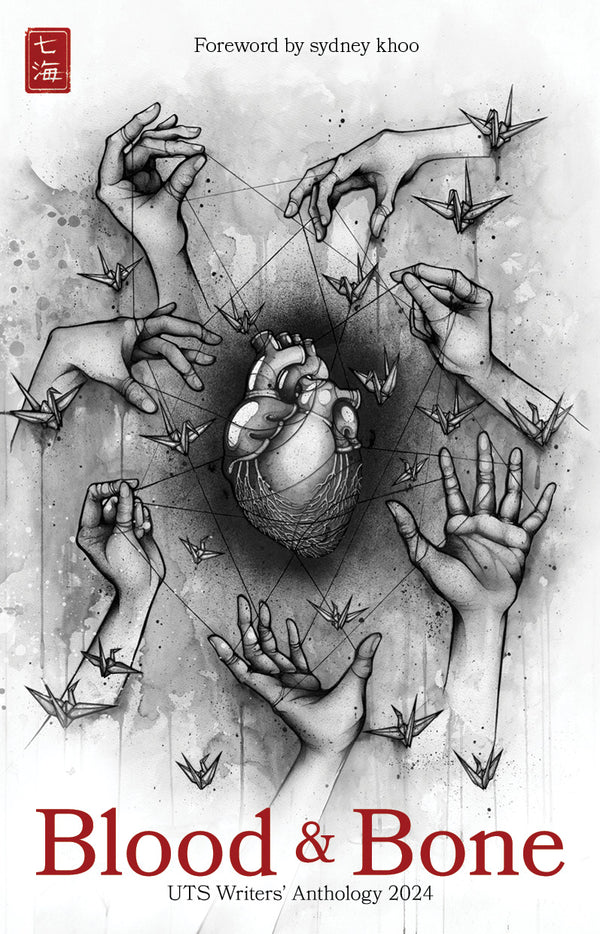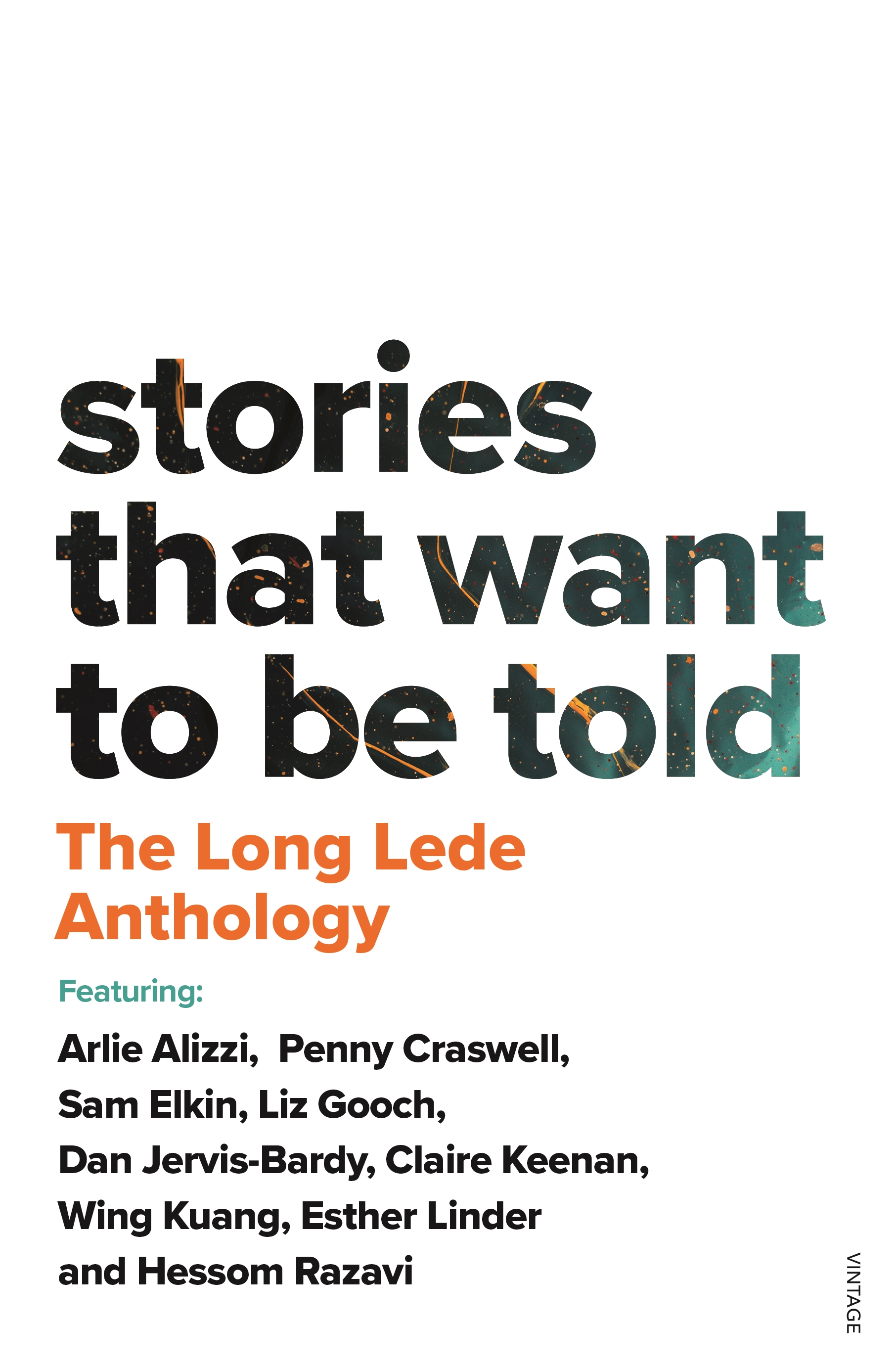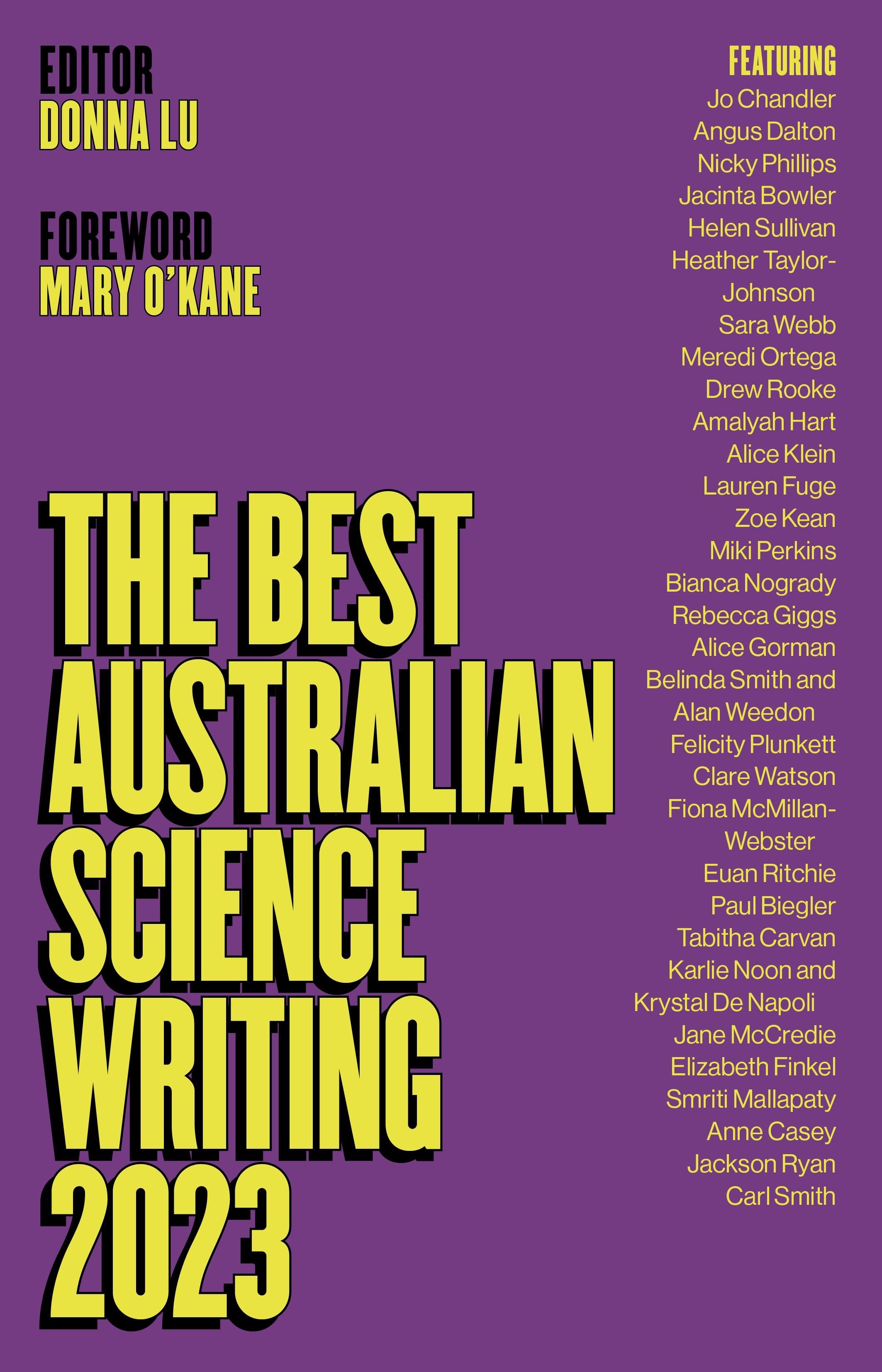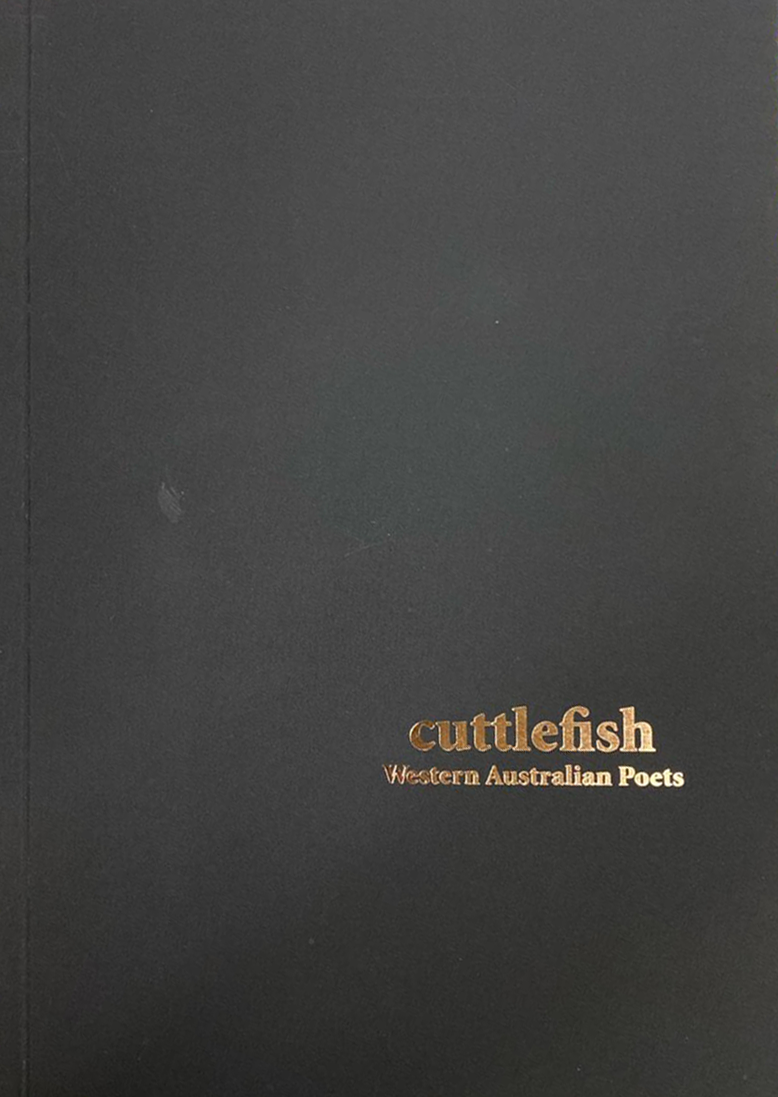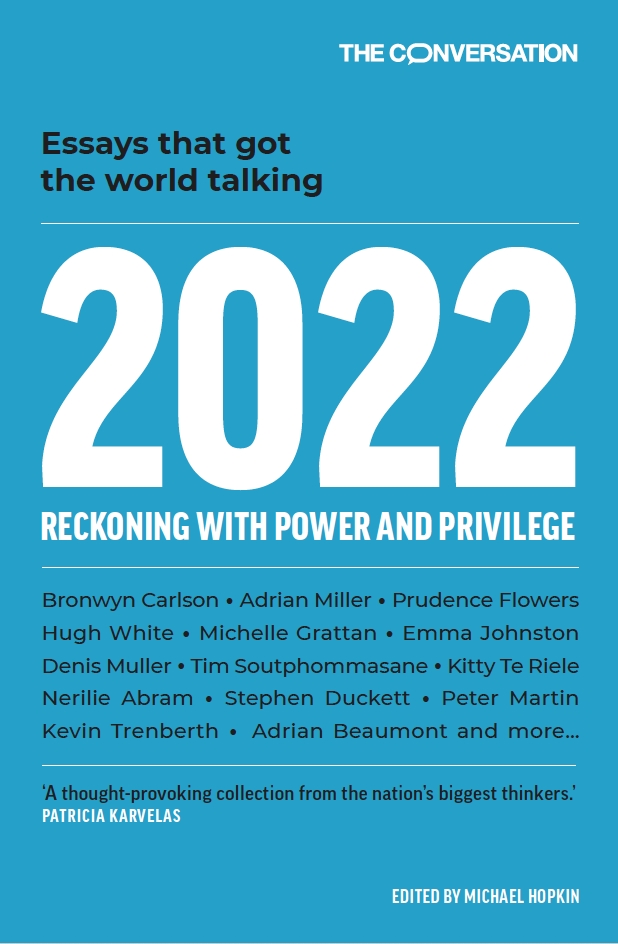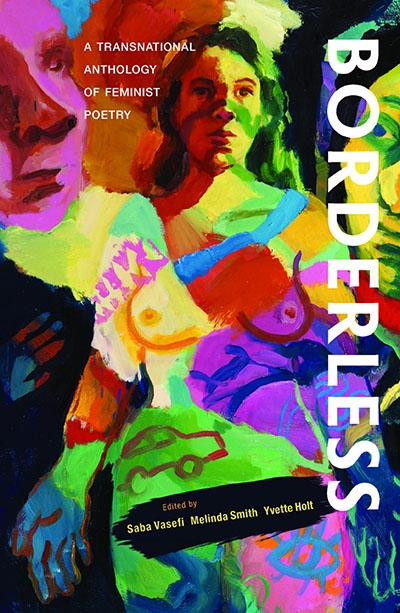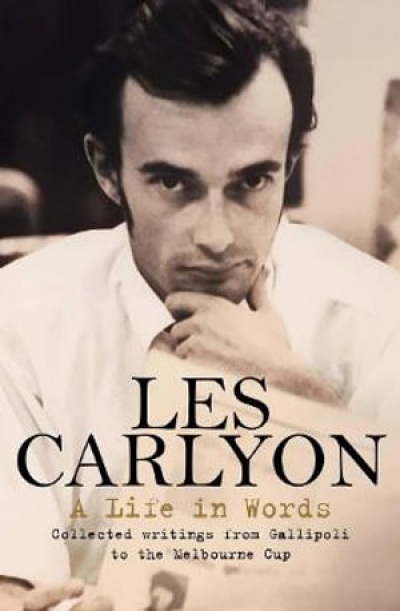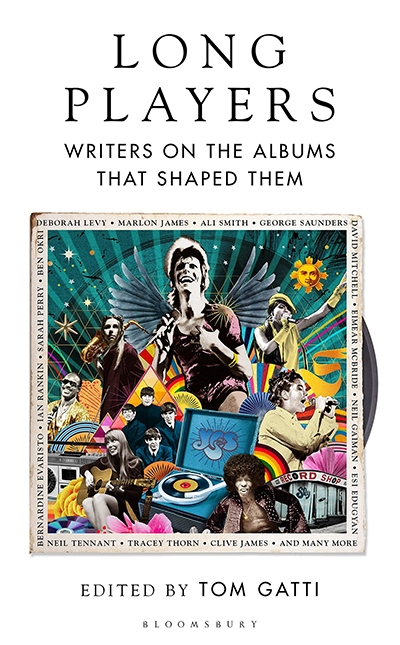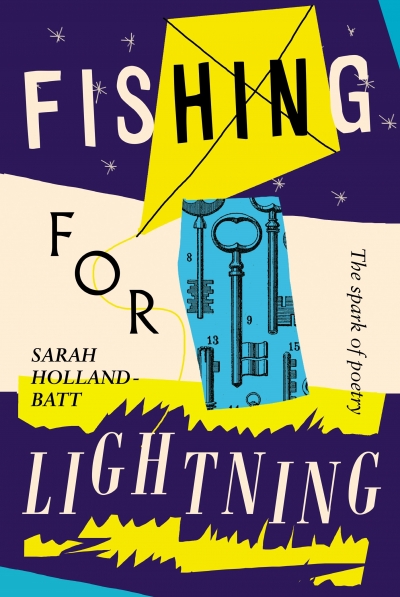Anthology
Blood & Bone: UTS Writers’ Anthology 2024 by Caileen Cachia et al.
Surely every university’s creative writing anthology has the tagline ‘these are fresh voices’ plastered somewhere in its pages. In Blood & Bone, the thirty-eighth UTS Writers’ Anthology, this freshness is not some marketing cliché but apropos, characterised by all the gory atavism of its title and the recurrent theme of the body throughout its pages. These eclectic pieces explore the tension and liminality between the dichotomies that construct our reality: there is growth and atrophy; human and non-human; mind and body. Frequently, the contributors return to the medical clinic, but also to the digital world of AI, ChatGPT, and social media.
... (read more)Stories That Want To Be Told: The Long Lede anthology by Arlie Alizzi et al.
Stories That Want To Be Told is an oddly flat title for this stimulating anthology. Most of its contents are stories that need to be told. Even those that do not quite succeed in becoming more than their authors’ ‘passion projects’ are likely to leave readers better informed and more curious about little-known facets of today’s world.
... (read more)The Best Australian Science Writing 2023 edited by Donna Lu
The Best Australian Science Writing (BASW) anthology is here again, and readers are in for a treat: a wide-ranging selection of easy-to-read articles describing some of the amazing science that is happening right now.
Of course, it is an impossible task, choosing the ‘best’ writing, and in her introduction editor Donna Lu acknowledges her subjectivity. It is the same for a reviewer, and since I don’t have room to name everyone, I won’t single out my own favourites.
... (read more)Cuttlefish: Western Australian poets edited by Roland Leach
In Marion May Campbell’s poem ‘in the storeroom,’ which appears in Roland Leach’s anthology Cuttlefish, she writes that ‘poems are letters that go astray’ – a whimsical yet fitting definition of the kind of poetry that appears in this collection. In these digital times, there is something ceremonial about a letter: a personal communication which must be opened and held; possibly shared, intentionally or otherwise. The poems in this collection have a tight focus; each is confined to a single page. They are often personal, poems of memory and family, beginning with reminiscence and hinged with sharp insight. They may be poems about the natural world, thoughtful and observant like missives from a traveller.
... (read more)Family: Stories of belonging edited by Alaina Gougoulis and Ian See
The nuclear family has a bad literary rap. As we know from fiction and memoir, the traditional two-heterosexual-parents-and-biological-kids model, a structure that provides stability and nourishment for some, can also be a stricture, a disappointment, even a crucible of cruelty. The opening sentence of Anna Karenina notwithstanding, unhappiness is unhappiness; there are common experiences for the survivors of family difficulty, even when specifics differ.
... (read more)2022: Reckoning with power and privilege edited by Michael Hopkin
'Australia faces the real prospect of a war with China within three years that could involve a direct attack on our mainland.’ That was the opening line of a 2,174-word article – headlined ‘Australia “must prepare” for threat of China war’ and tagged with a ‘Red Alert’ graphic – that ran on the front pages of The Age and Sydney Morning Herald on 7 March. Next day, the authors of the ‘Red Alert’ special, journalists Peter Hartcher and Matthew Knott, ran a 2,241-word hypothetical about how a conflict over Taiwan could, within seventy-two hours, result in missile bombardments and cyberattacks against Australia. On the third day, Hartcher and Knott’s ‘Red Alert’ special concluded with a 2,278-word front-page piece on the steps that Australia needed to take to prepare for war with China.
... (read more)Borderless: A transnational anthology of feminist poetry edited by Saba Vasefi, Melinda Smith, and Yvette Holt
‘Borderless’ is ‘a transnational anthology of feminist poetry’, arranged alphabetically with no themed sections, that I read slowly, out of paginated order, and savoured. Is ‘Borderless’ a description or an ideal? I wondered, as I returned, between poems, to look at the cover image of a multi-coloured painted woman, a body located in no place I could discern. Does ‘Borderless’ refer to a poet’s ability to dissolve borders through imagination, or to a temporary state of flight or transgression? Perhaps, a borderless world is one akin to a poetry anthology with no hierarchy or divisions to order the poems and their meanings.
... (read more)A Life in Words: Collected writings from Gallipoli to the Melbourne Cup by Les Carlyon
I guess every reviewer comes to a book with expectations, especially when the author’s reputation precedes him or her. On opening this collection, I knew that Les Carlyon (who died in 2019) wrote well. I remember my parents reading him in The Age and murmuring approval of his lyrical style and, sometimes, the content. I knew he loved horses, the track, and the punt. To me these were disappointments to overlook: I have hated horse racing since I was a kid driving around with my grandfather in his Datsun, windows up and the races on. My grandfather never wound down the windows, presumably so he could hear the call: perhaps it was the lack of fresh air that poisoned me against the sport. And I knew that Carlyon had written huge tomes on war and the Australian experience: Gallipoli (2001) and The Great War (2006) won acclaim, sold well, and left some military historians with reservations about his scholarship. My expectations, mostly, were realised. I sped through A Life in Words, encountering witty and whimsical delights along the way.
... (read more)Long Players: Writers on the albums that shaped them edited by Tom Gatti
This collection of short pieces by fifty writers is about long players in more than one sense. Not only are they discussing LPs, but also albums that have been long played.
... (read more)Fishing for Lightning: The spark of poetry by Sarah Holland-Batt
Sarah Holland-Batt’s Fishing for Lightning is a book about Australian poetry. As such, it is a rare, and welcome, bird in the literary ecology of our country. It is welcome because poetry, like any other art form, requires a supportive culture that educates and promulgates. Not that Holland-Batt, herself one of our leading poets, is ‘merely’ didactic, or a shill for the muses. Holland-Batt, who is also an academic, writes with great authority and insight, and she is a fine stylist, penning essays that are packed with humour and playfulness. These essays cater for all kinds of audiences, from newcomers to poetry experts, which is no small feat.
... (read more)

